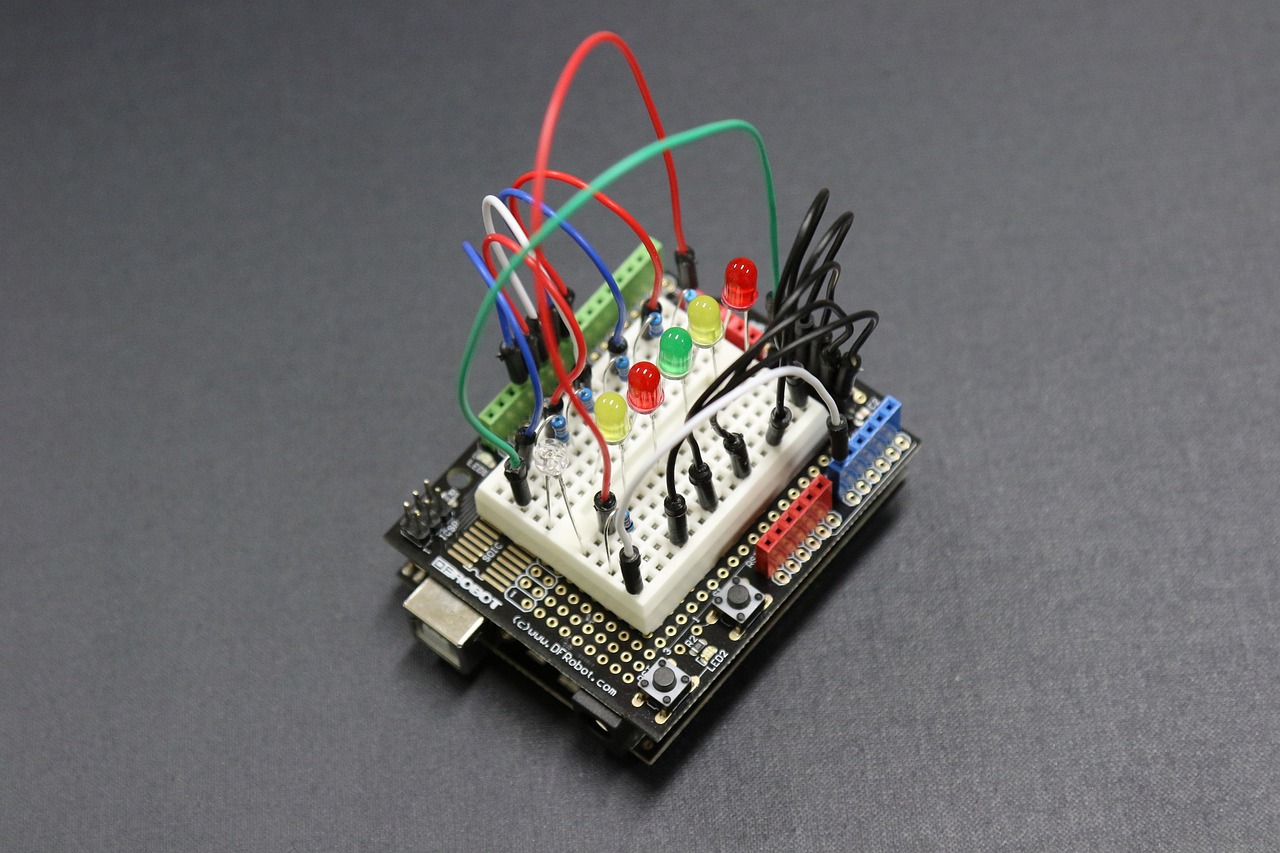OpenAI is making a decisive move to reduce its dependence on Nvidia by partnering with semiconductor giant Broadcom to develop custom artificial intelligence chips. The collaboration, backed by a $10 billion investment, marks a significant strategic shift as the ChatGPT creator seeks greater control over its hardware infrastructure[1][3].
The partnership positions OpenAI alongside tech giants like Google, Amazon, and Meta, which have already invested in proprietary chip development to power their AI workloads. With mass production scheduled for 2026, this initiative signals OpenAI’s transformation from a software-focused company into a vertically integrated AI powerhouse[1][4].
The Strategic Rationale Behind Custom Chips
OpenAI’s decision to develop in-house chips stems from mounting pressure on its computational infrastructure. The company currently relies heavily on Nvidia’s A100 and H100 GPUs to train and run its advanced language models, including ChatGPT. However, this dependency has proven costly and risky amid limited supply and surging global demand for AI computing power[1][3].
By designing chips tailored specifically to its workloads, OpenAI aims to achieve several key advantages. Custom silicon offers cost efficiency by reducing long-term reliance on third-party hardware suppliers. The chips can be optimized for OpenAI’s specific neural network requirements, from natural language processing to AI image generation, potentially delivering superior performance compared to general-purpose GPUs. Perhaps most importantly, the move provides strategic independence, giving OpenAI greater control over its scaling capabilities and innovation timeline[1].
Inside the Broadcom Partnership
The collaboration assigns distinct roles to each partner. Broadcom leads chip design and leverages advanced semiconductor manufacturing expertise, while Taiwan Semiconductor Manufacturing Co. (TSMC) will fabricate the silicon using cutting-edge 3nm-class process technology[2][3]. OpenAI plans to use these custom accelerators internally rather than selling them to external customers, at least initially[2][4].
Broadcom CEO Hock Tan recently announced that the company secured more than $10 billion in AI infrastructure orders from a new customer, though he declined to name them publicly. Industry analysts widely believe this unnamed customer to be OpenAI[2]. The announcement sent Broadcom’s shares surging almost 9% in pre-market trading, reflecting investor confidence in the partnership’s potential[4].
This isn’t OpenAI’s first attempt at custom hardware. Last year, the company explored building its own chip foundries but ultimately scaled back due to prohibitive costs and lengthy timelines. By partnering with established players like Broadcom and TSMC, OpenAI can accelerate development while avoiding the massive capital expenditures required for semiconductor manufacturing facilities[3].
Implications for the AI Chip Market
OpenAI’s move reflects a broader trend in the artificial intelligence industry. As AI workloads have exploded, companies are increasingly seeking alternatives to Nvidia’s dominant position in the GPU market. The global chip shortage and escalating infrastructure costs have made vertical integration more attractive for major AI players[3][4].
The custom chips are expected to utilize a systolic array architecture optimized for matrix and vector operations—the mathematical building blocks of neural networks. They will likely incorporate high-bandwidth memory (HBM) to handle the massive data throughput required by large language models[2].
With production beginning in 2026, OpenAI joins a growing roster of tech giants betting on proprietary silicon to power the next generation of AI innovation. The success of this partnership could reshape competitive dynamics in both the semiconductor and artificial intelligence industries.
Sources:
[1] https://www.hitpaw.com/ai-model-tips/openai-builds-first-chip-with-broadcom.html
[3] https://www.webpronews.com/openai-inks-10b-broadcom-deal-for-custom-ai-chips-to-challenge-nvidia/
[4] https://www.webpronews.com/broadcom-partners-with-openai-on-custom-ai-chip-to-challenge-nvidia/
Photo by manseok_Kim on Pixabay
